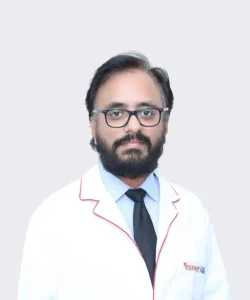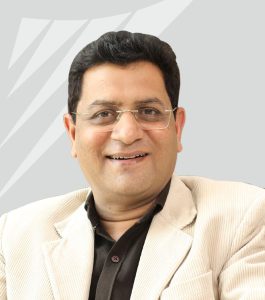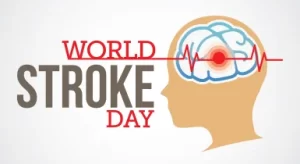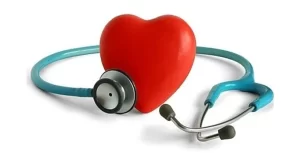
51,000+
International Patient Treated
91
Countries Treated
10+
Years Treating International PatientsWhy Choose Wockhardt Hospitals for Heart Treatment?
- Internationally trained doctors from UK/US fellowships.
- Treated 3000 heart patients from Africa, Middle East, South Asia, Europe and USA in last 10 years
- High success rate.
- First in Mumbai to start minimally invasive.
- Specialized doctors for Angioplasty, ICD, CRT, TAVI, Valve Replacement Surgery, Pacemaker implantation, Implantation of ventricular assist devices & CABG.
- No waiting time.
- More affordable costs than others.
Life Wins Stories
I would like to emphasis that the requested medical services has been delivered and we appreciate your great efforts. Most importantly Dr. Mazda Turel and his entire team, Mr. Saurabh Pal, Ms. Heena, Mr. Jeev, the staff & nurses on level 18, speech therapists, physio team and ICU team.I would like to emphasis that the requested medical services has been delivered and we appreciate your great efforts. Most importantly Dr. Mazda Turel and his entire team, Mr. Saurabh Pal, Ms. Heena, Mr. Jeev, the staff & nurses on level 18, speech therapists, physio team and ICU team.
Renowned Doctors
at Wockhardt Hospitals
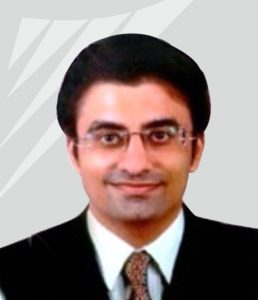
Dr. Parin Sangoi
Consultant Interventional Cardiologist
CardiologySouth Mumbai - Mumbai Central
End-to-End Patient Care Services
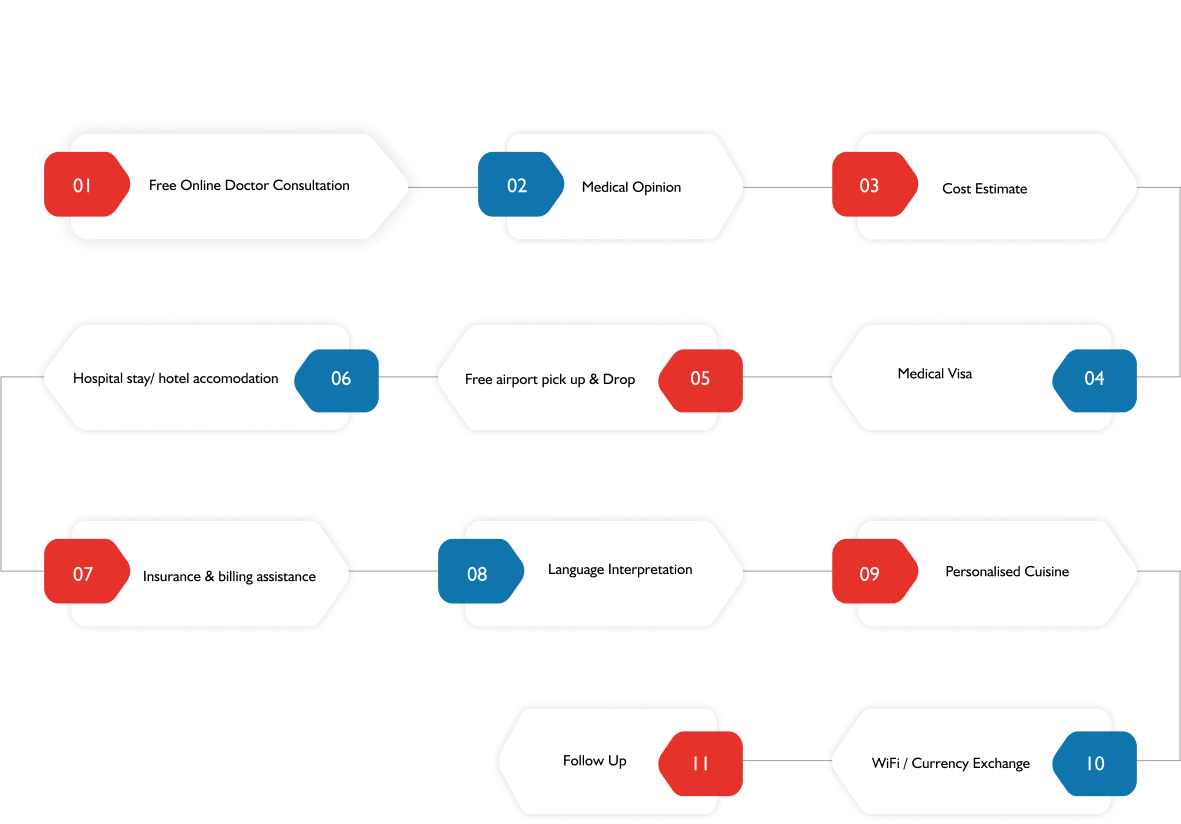
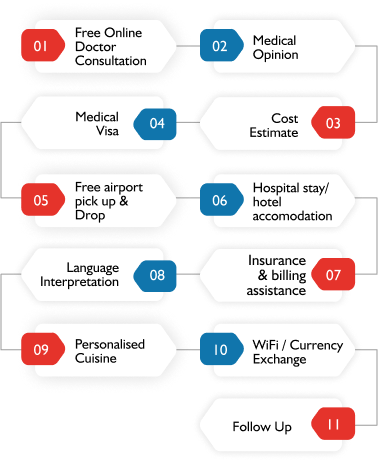
Symptoms & Causes Of Heart Care Problems
Depending on the kind of heart disease a person has, there can be different symptoms but have nearly the same causes, i.e., unhealthy eating habits, congenital defects, high blood pressure, smoking, diabetes, etc. It is important to understand the causes and symptoms of heart disease and visit the best cardiologist for any heart issues you suspect.
The following are signs that you should see a cardiologist or other cardiac specialist:
- Discomfort or pain in the chest, particularly if it spreads to the jaw, arms, or back.
- Breathlessness, especially during exercising or lying down.
- Weakness or fatigue, particularly if it’s ongoing or unexplained.
- Palpitations, an erratic heartbeat, or vertigo.
- Abdomen, ankles, or legs swelling.
- Hypertension, high cholesterol, or a history of heart disease in the family.
- Prior cardiac disorders, such as heart failure, stroke, or heart attack.

